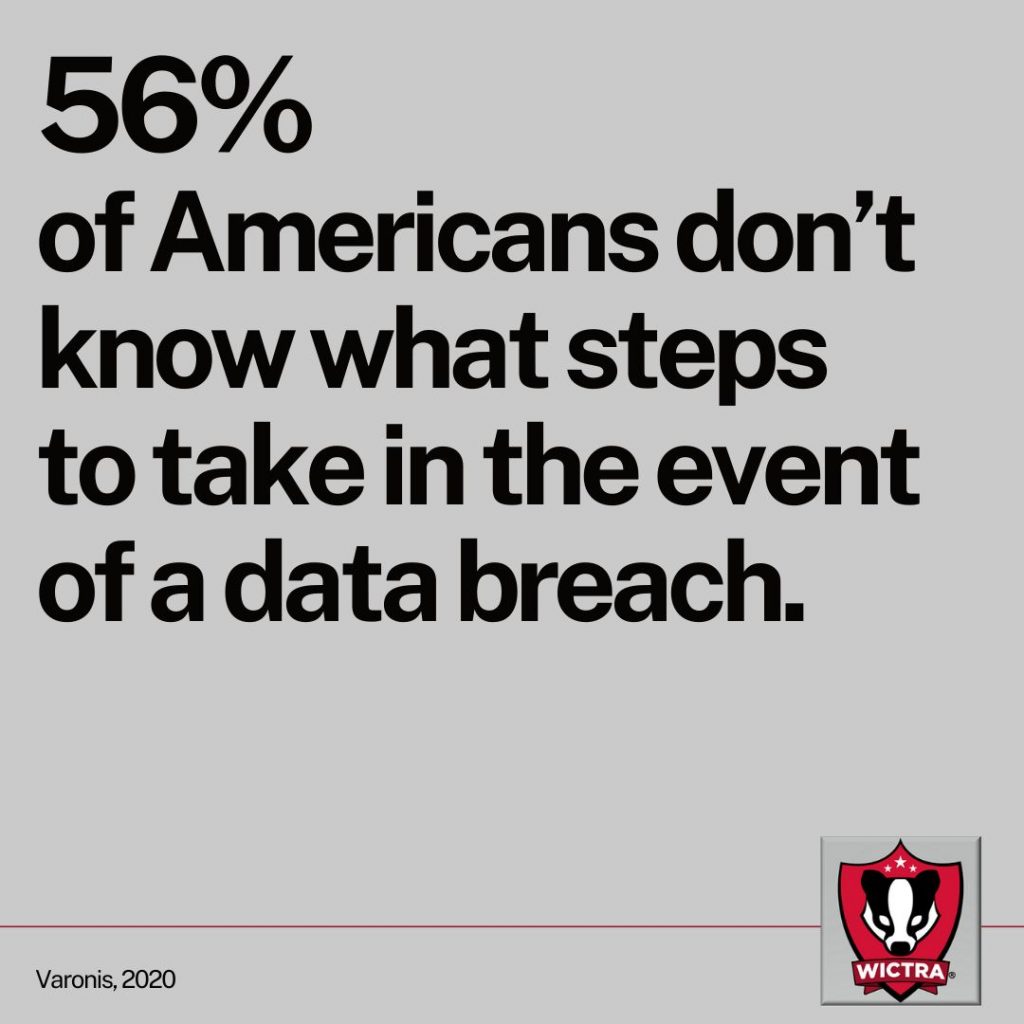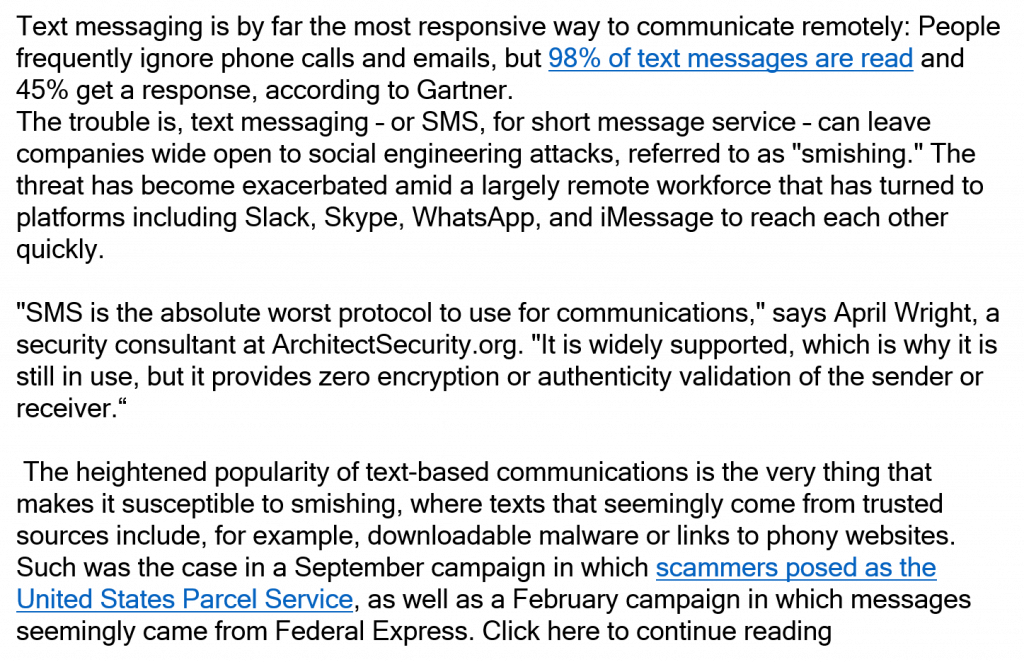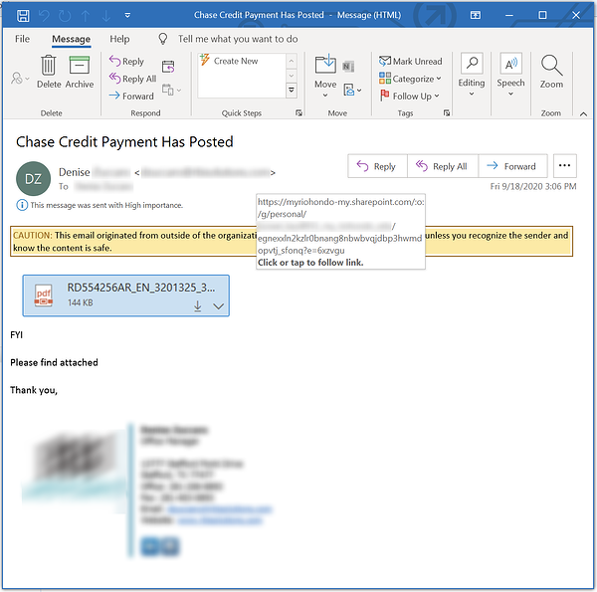Each year many fall for these scams. The bad guy predate on the old, the young, anyone who may not have strong knowledge of the IRS and how it operates.
Here are just a few of the more popular scams/setups.
Any email from the IRS. The IRS does not email you.
Any phone call from the IRS. The IRS does not call you.
You are getting a refund / what is your tax refund status
False unemployment claims
Your SSN has been cancelled/suspended
You owe back taxes . Pay now or else.
Help by providing relief for this disaster
Please verify your information
Your Tax Transcript
You are a victim of Identity Theft.
Please verify your information.
You have committed a crime. Pay the fine.
Please verify your banking information
Etc. Hundreds more.
The National Cyber Warfare Foundation (https://cwr.dev) sees many alerts and notifications every year.
The IRS provides specific guidance on this issue. Read their web site post: https://lnkd.in/dSRY-Z3 the article also provides links on who to report scams/scammer to. #ncwf
Category: Cyber attack
If your employees don’t know how #cyberattacks occur, how will they be able to spot them? Here’s a great article that helps break down what happens during an attack, along with some of the most common threats to be aware of
A guide to the different methods cybercriminals use to harm computers and steal data
Cyberattacks are performed by malicious actors with various intentions, though the tools and methods they use are often the same.
- A cyberattack is an assault on any computer or network, almost always launched from another computer or network.
- There are a lot of ways malicious actors can launch a cyberattack, including malware, zero-day exploits, and denial-of-service attacks.
- Here’s a brief overview of cyberattacks and what you need to know about their risk.
- Visit Insider’s Tech Reference library for more stories.
The scale of a sophisticated cyberattack on the U.S. government that was unearthed this week is much bigger than first anticipated.
The Cybersecurity and Infrastructure Security Agency said in a summary Thursday that the threat “poses a grave risk to the federal government.”
It added that “state, local, tribal, and territorial governments as well as critical infrastructure entities and other private sector organizations” are also at risk.
CISA believes the attack began at least as early as March. Since then, multiple government agencies have reportedly been targeted by the hackers, with confirmation from the Energy and Commerce departments so far.
“This threat actor has demonstrated sophistication and complex tradecraft in these intrusions,” CISA said. “Removing the threat actor from compromised environments will be highly complex and challenging.”
(Reuters) -Suspected Russian hackers who broke into U.S. government agencies also spied on less high-profile organizations, including groups in Britain, a U.S. internet provider and a county government in Arizona, according to web records and a security source.

More details were revealed on Friday of the cyber espionage campaign that has computer network security teams worldwide scrambling to limit the damage as a senior official in the outgoing administration of U.S. President Donald Trump explicitly acknowledged Russia’s role in the hack for the first time.
After only showing detection alerts, Microsoft moves to block trojanized SolarWinds apps from running, opening the door for some IT issues for some of its customers.
On Sunday, several news outlets reported that hackers linked to the Russian government breached SolarWinds and inserted malware inside updates for Orion, a network monitoring and inventory platform.

Following the company’s official statement, Microsoft was one of the first cybersecurity vendors to confirm the SolarWinds incident. On the same day, the company added detection rules for the Solorigate malware contained within the SolarWinds Orion app.

Cybersecurity breaches have skyrocketed as the world continues its move to work and learn from home. Are you properly protected?







